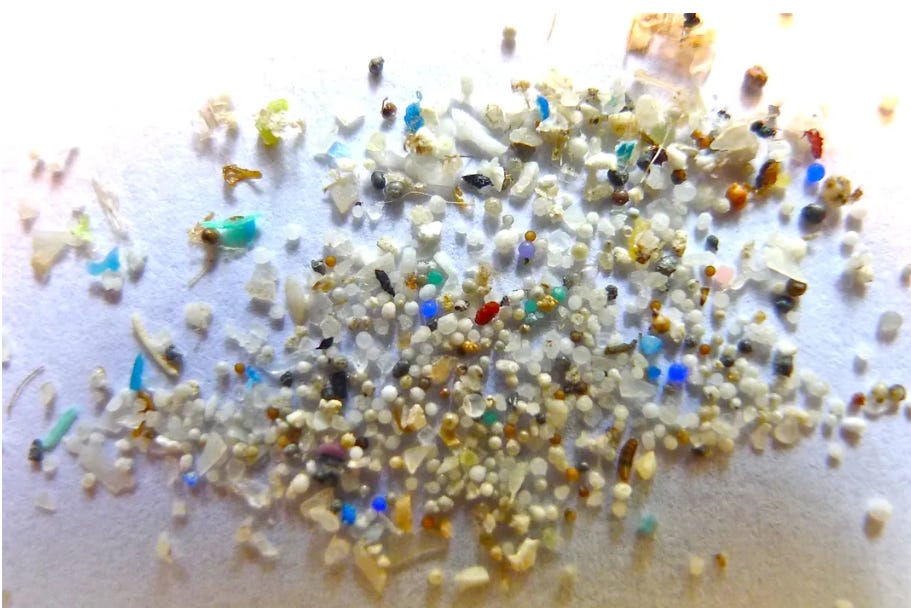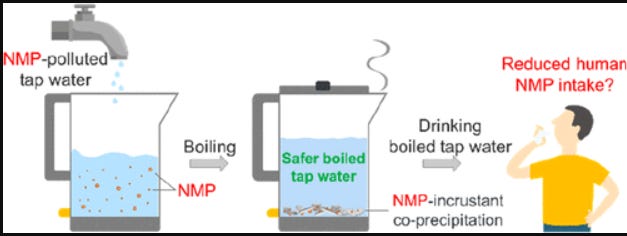Healthwatch: Can Boiling Tap Water Reduce Microplastic Exposure?
BY JEFF SKINNER
STATEWIDE - It is a fact of modern life that municipal water supplies bring with it subpar and inadequate healthy drinking water into resident’s homes. While on the other side of the country, health advocate groups have been fighting a battle over neurotoxins that local governments are putting into the drinking water, far less conversations have been had over the microplastics that inevitably find their way into the water supply due to the treatment process.
According to a new study published in February in ACS Publications, boiling tap water was shown to significantly reduce consumption of microplastics in humans.

Nano/microplastics, or NMPs, inevitably are released into the water supply from treatment facilities, which has become an increasingly global concern in recent years due to its appearance in human blood. There has been many cited reasons for this sharp rise in it’s appearance, from mask wearing to contamination of the food and water supply.
According to the study, for years drinking boiled water has been a tradition in parts of Asia as a means of detoxing, but few had considered how boiling might help reduce potential contaminants within the water supply itself. To test their hypothesis, researchers took a sample of “hard water” with high levels of calcium carbonate and added in significant NMPs. After boiling the water for 5 minutes, the calcium carbonate formed a chalky limestone which trapped the microplastics. After this the water was poured through a filter which removed the calcium carbonate and subsequently also removed around 80% of the microplastics along with it.

“We estimated that intakes of NMPs through boiled water consumption were two to five times less than those through tap water on a daily basis,” Eddy Zeng, an environmental chemist at Jinan University in China and an author of the study said.
While the California courts are still battling over what contaminants to intentionally put into the water supply, there are still tactics we can do at home to help keep ourselves and our family healthy despite their intentions. According to Zeng and his team, this simple and effective strategy can help to decontaminate household tap water and has the potential for alleviating human exposure to NMPs through our water consumption.




